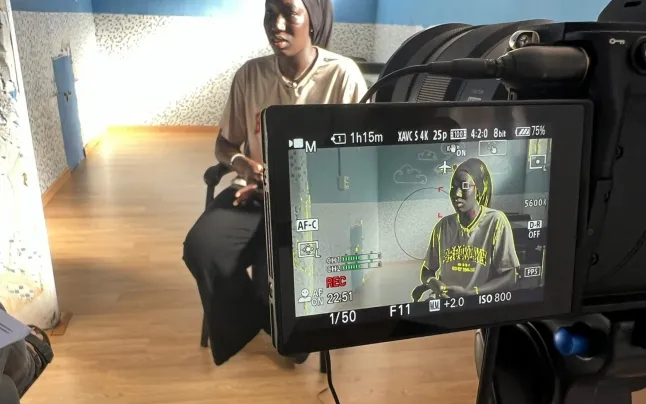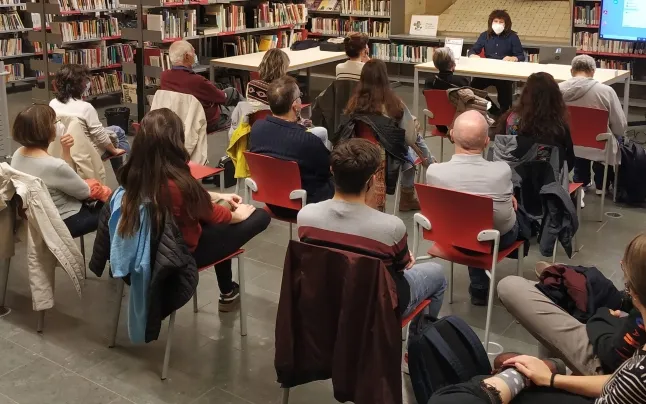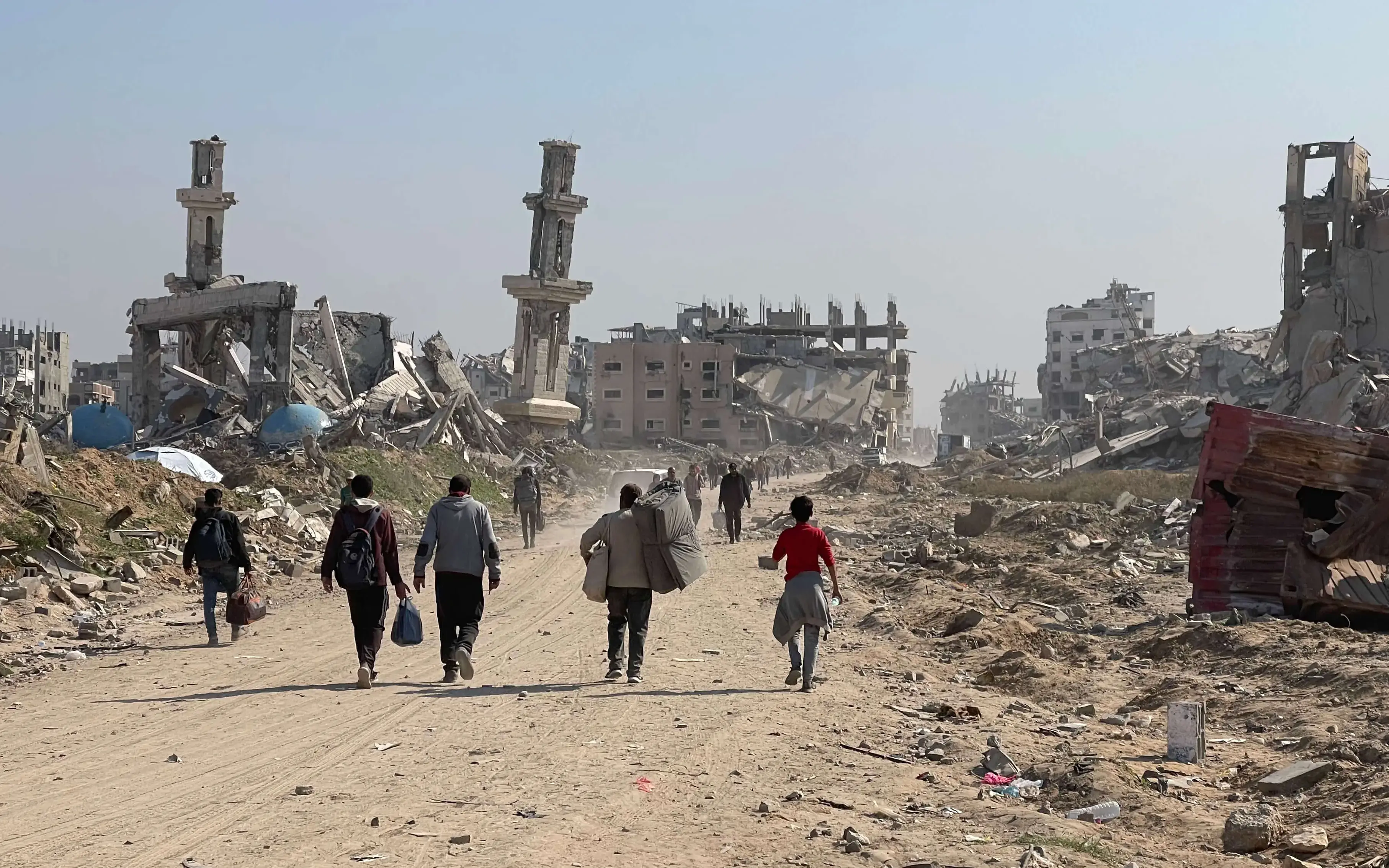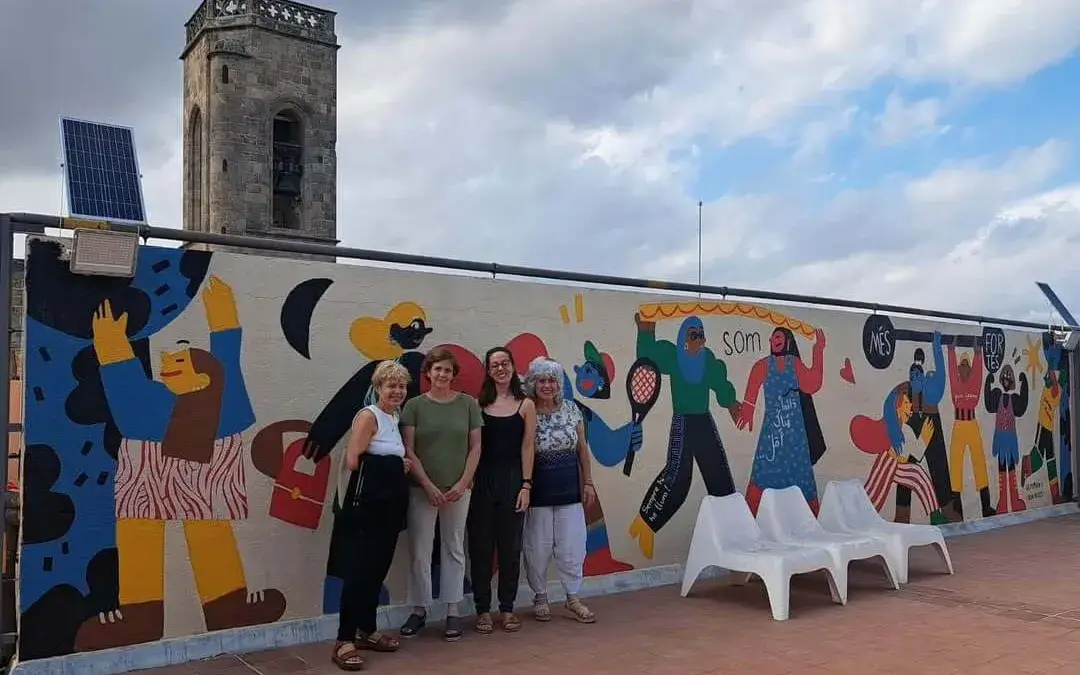The Escarré International Center for Ethnic Minorities and Nations (CIEMEN) works on the 'Som Part' project, dedicated to the promotion of knowledge of the different diasporas in Catalonia.
In Catalonia, there are several minority ethnic communities in their country of origin. Much of the population, however, is unaware of these identities and their roots, traditions and culture. A situation of ignorance that can generate hostile circumstances of racism, xenophobia and misunderstanding.
The Escarré International Center for Ethnic Minorities and Nations (CIEMEN from the catalan Centre Internacional Escarré per a les Minories Ètniques i les Nacions ) launched, in 2015, the 'Som Part' project, with the aim of promoting knowledge of the different communities in Catalan society, and defending and recognizing the rights of these peoples. The Fundació pels Drets Col·lectius dels Pobles also manages the program.
"We detected that there was a certain ignorance of people who came from other places on the part of Catalan society", explains David Forniès, CIEMEN project technician. He adds that knowing them allows us to create a feeling of recognition towards the different ethnicities. The perspective adopted by CIEMEN from the beginning is interculturality: not only recognizing the existence of communities, but maintaining people's cultural baggage and allowing a flow of exchange between the new communities and those that were already there before.
The different communities in Catalonia
The project has worked mainly with two communities. In Catalonia, approximately, there are between one hundred and two hundred thousand people of Amazigh origin. This community comes mainly from Morocco and there is a small part that originates from Algeria. “They were traditionally known as Berbers. A part of the Amazigh movement believes that the name Berber is derogatory, since it has the same etymology as barbarian or foreigner", details Forniès. The Amazigh people are the ones that, demographically, represent a greater presence in Catalonia.
Armenian people are the second ethnic group that plays the lead role in the project. Despite having a state of their own since the dissolution of the Soviet Union, they live in diaspora, "either because of their historical vicissitudes, for example, because of the genocide they suffered in 1915 at the hands of the Ottoman Empire". highlights David Forniès.
The other minority communities in Catalonia with whom they work in 'Som Part' are the Soninke people, an ethnic group from West Africa; the Sikh people, a people of India; the Diope ethnic group, originally from Senegal, and the Sahrawi, Tibetan and Palestinian peoples.
Currently, with the Soninke community, a series of video capsules are being produced with the collaboration of the members of this ethnic group, in order to explain the characteristics of the group and what they believe is the contribution to global justice that the community is working from Catalonia. In addition, on the CIEMEN Nationalia portal, for dissemination and information, they have written and prepared several dossiers dedicated to the detailed explanation of each ethnic group, its history and its development in the territory.
The fundamental branch of training
From 'Som Part' several actions have been developed over the years such as, for example, university seminars in Barcelona, Girona and Lleida. In the latter town, a talk on 'Minorized languages and the digital environment' is scheduled for December. During 2021, in collaboration with the Consorci de Biblioteques, a cycle of trainings on the Amazigh people was enjoyed, also hosted by different civic centers in Barcelona.
Together with Casa Amaziga de Catalunya, a partner in the project, CIEMEN has created knowledge workshops about Amazigh culture and the world and North Africa in different primary schools, during school hours.
In addition, a language module is currently being carried out, in which several short informative capsules will be recorded and distributed through the website and social networks. Since the beginning of the project, in addition, the CIEMEN School was developed, moved to virtuality due to the pandemic. This year 2022, however, has been canceled due to lack of registrations.
Technology as a tool to enhance the language
In addition to the actions framed in the training, another branch of the project has consisted in the creation of a system for learning the Amazigh language developed in Catalonia for the students. "Until now, there has not been a method of learning the Amazigh language aimed at classrooms and thought and made from Catalonia and by Catalan-Amazigh students", says Forniès.
There are several towns where the largest population of Amazigh origin is concentrated, in which extracurricular activities in Amazigh language and culture are offered, promoted by the Casa Amaziga de Catalunya in agreement with the Department of Education of the Generalitat.
"Now that we have finished with this part, we have started to develop an automatic Amazigh - Catalan translator", explains the CIEMEN project technician. From the entity, they believe it is important that, in the digital age, a language like Amazigh has this tool. A voice recognition system will be included, for which they need the collaboration of a large number of people who speak Amazigh.
"The final goal is for a Siri or an Alexa to recognize Amazigh, but always from the free code. This will not be the property of any company, but free and open", they say from the organization. This translator is working with the Catalan cooperative ColectivaT, specialized in minority languages and machine translation.









Add new comment